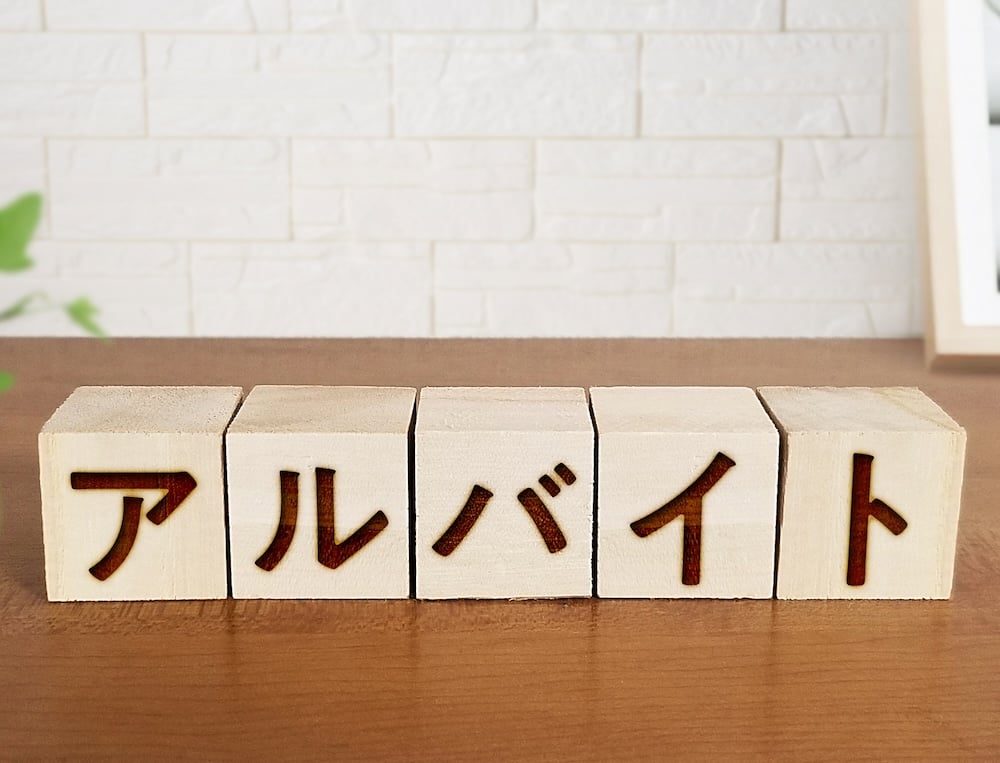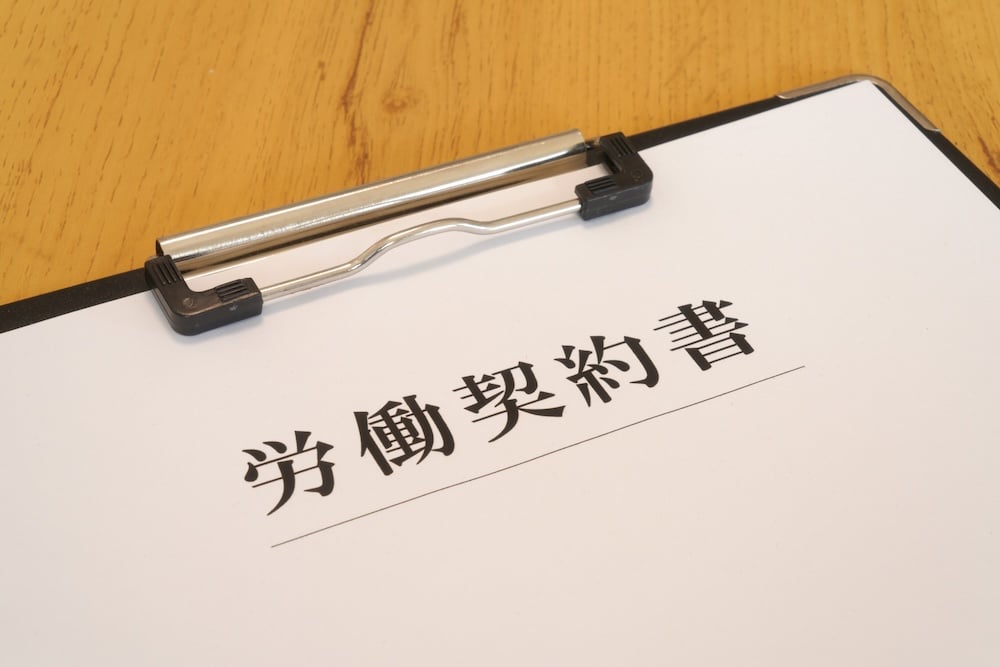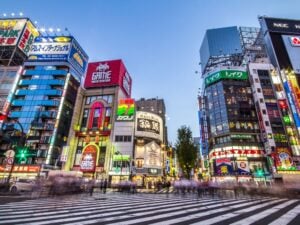
You’ve found a job in Japan and the time has come to sign your contract. So what type of contract are you signing? There are a few different types of employment in Japan and even if you’re going to be working at a company where English is the primary spoken language, you’ll find that many people still refer to the kinds of employment using Japanese terminology.
This can be confusing to a newcomer in Japan, particularly when it comes to full time work. In this article, we take a look at the main types of employment on offer in Japan as well as the benefits and downsides to different types.
Arubaito
(アルバイト)

Often abbreviated to baito, this is basically part-time or casual work. Baito is often done by students or people who have other things to dedicate their time to, though nowadays, people often take on multiple part-time jobs or work part-time as a second jobs. Arubaito positions are usually paid hourly with few benefits offered, though there is typically more flexibility in terms of scheduling compared to other jobs. As a side note, Arubaito is a loan word from German in case you were wondering where the term comes from.
Haken
(派遣)
In English speaking countries, a haken contract would be known as temp work. A haken worker is usually not a direct employee of the company they work for and is instead employed by an intermediary employment agency, usually one that specialises in temp work. These agencies are called hakengaisha. Haken companies usually keep a roster of temp workers on file and recommend them to various companies based on their skills and requirements.
Haken contracts are primarily used by companies that need extra staff during busy periods or for particular projects and the focus is typically on administration work. Haken contracts tend to be short term, sometimes as short as one month or as long as twelve, though there are sometimes options to keep renewing contracts as long as work is available.
One disadvantage of haken work is that you are employed by the haken agency rather than the company. Because of this, your salary and entitlements are paid by the agency and therefore, will be different to those received by a person directly employment by the company. Another disadvantage is the lack of stability brought on by the fact that the contracts are generally short term. These are both pretty big disadvantages, but there are also some significant advantages to haken work if you’re a particular kind of person. For one thing, haken work has a certain flexibility to it. The haken agency will usually try to find something that fits your specific needs and working hours. Another big advantage is that by working for different companies in different environments, you have an excellent opportunity to learn new skills that may serve you in other careers further down the line. Furthermore, if you’re the type of person who loves meeting new people through work and changing scenery regularly, haken work definitely has some appeal in that respect.

Keiyakushain
(契約社員)
A keiyakushain is a contract worker employed directly by the company they work for. This is usually a fixed term contract that can be renewed based on the company or employee’s wishes. Most English teaching jobs in Japan fall under a contract position within the school year but contract employment is very common across all industries in Japan. Some companies may start you off as a keiyakushain for a number of years before offering you a permanent position later on. A keiyakushain will usually have many of the same benefits as a permanent employee including the same annual leave as well as their health insurance and pension cover.
The disadvantages of being a keiyakushain really only come out in it being compared to a full-time permanent employee position. The big difference is stability. As a keiyakushain, the company is free to end your contract at the end of the contract term. On the other hand, you are also free to not renew your contract so this flexibility may be a plus for some people. Depending on the industry, the pay can also be lower than that of a permanent employee and for most companies, keiyakushain are not entitled to a company bonus. That said, this is the default form of employment in the English teaching industry. As far as other industries go, you will sometimes start off as a keiyakushain before moving into a permanent position. As such, it is often a necessary step if you wish to develop your career in a particular industry or at a specific company.

Seishain
(正社員)
A seishain is a permanent employee of a company and as such, entitled to full benefits including wage increases and a yearly or twice yearly bonus if a company offers it. A seishain position grants a certain stability that other contracts don’t have as technically, you become a lot harder to dismiss and don’t have a fixed end date for your employment. Becoming a seishain is particularly sought after just because of the stability that it provides. A company cannot dismiss a seishain without a good reason whereas other contract types give an employer more leeway in situations like this. Having a seishain status even has some benefits outside of work in that it is seen in a favorable light when applying for things like bank loans or rental properties.
There are few disadvantages to becoming a seishain but perhaps the only one is that, again, depending on the industry, you may be expected to do more than a contracted or short-term employee. This includes things such as mandatory overtime or extra responsibilities and tasks.

Working in Japan
The above employment types are the main ones you will come across while working in Japan. There are several others though these are more industry or company specific including a gyomu itaku contract which means being hired as a freelancer. Some companies will actually have a mix of employees spread across all of the above employment types with duties allocated based on their contracts.
The contract terminology can be a little bit confusing when you’re applying or accepting a job in Japan but once you’ve grasped the basics, you’ll definitely feel more at ease when looking at the types of employment on offer.













